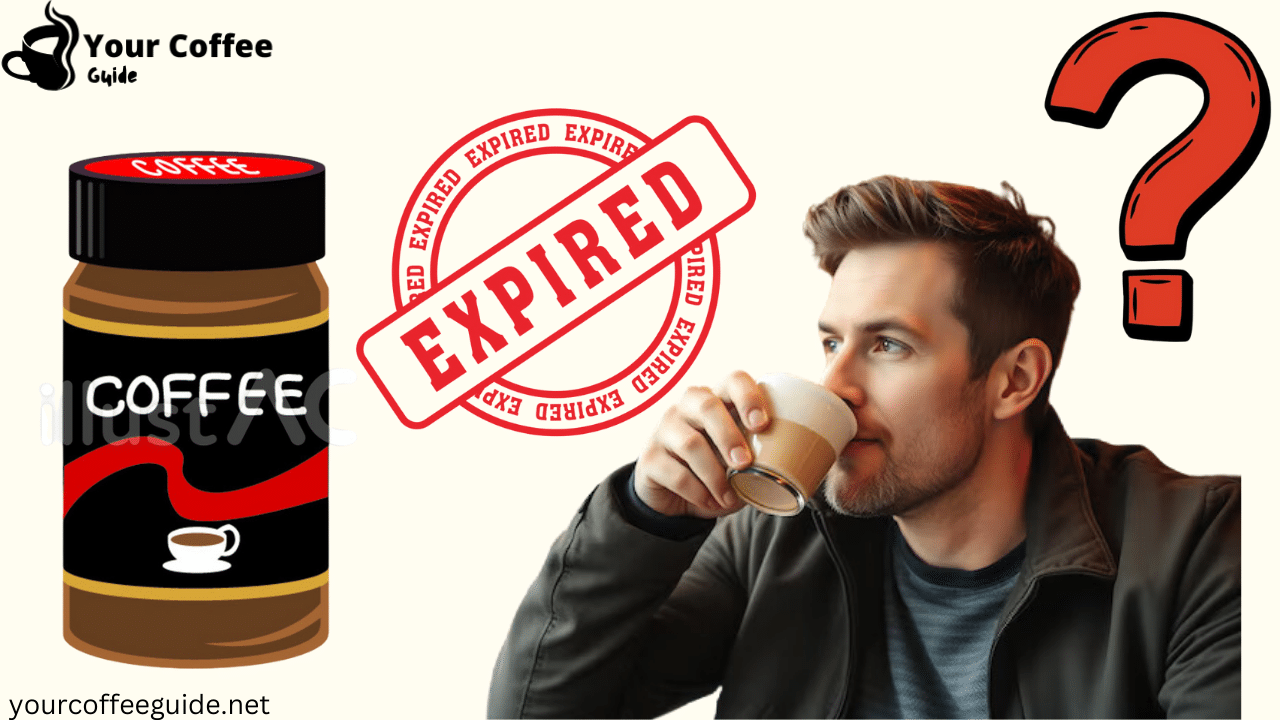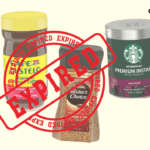Imagine that you reach for that bag of coffee tucked away in the back of your pantry, only to notice it’s well past the expiration date. A wave of doubt hits can you still brew a fresh pot? Will the flavor be the same, or will you be drinking nothing more than stale coffee? If you’ve ever found yourself in this caffeine quandary, you’re not alone. Many of us wonder whether expired coffee is safe to drink and if it can still deliver that delicious freshness and flavor we crave. Let’s dive into the world of coffee beans, ground coffee, and brewing methods to uncover the truth about drinking coffee beyond its prime—and the best ways to make the most out of every cup of coffee
Understanding Coffee Expiration Dates
Coffee often has a “best by” or “best before” date, which indicates the period when it’s at its peak flavor. Coffee past this date is typically still safe to drink, but its taste may be stale or less enjoyable. True expiration dates on coffee are rare because coffee is a dry, shelf-stable product. However, this doesn’t mean it stays fresh indefinitely.
What Happens to Coffee After the Expiration Date?
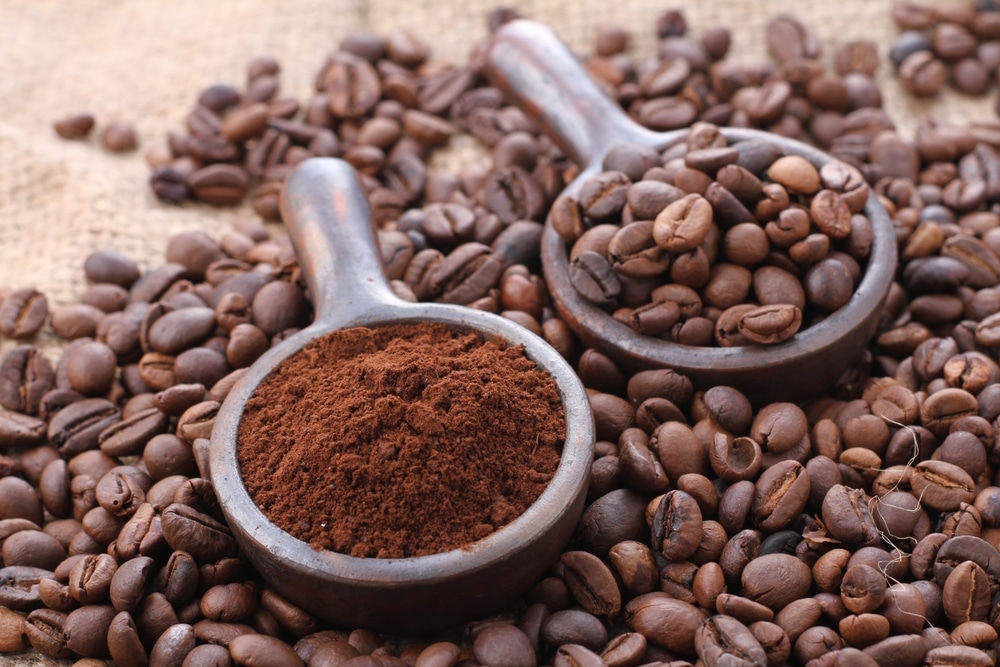
Most coffee packaging includes an expiration date or roast date, which helps indicate when the coffee is at its best. Unlike milk or meat, coffee won’t develop mold or bacteria that would make it unsafe to drink past its expiration date. However, coffee can go stale, impacting its freshness and flavor.
Whole Beans
Coffee beans have a longer shelf life than ground coffee, often retaining flavor for months past their “best by” date if stored properly.
Ground Coffee
Ground coffee loses its freshness faster due to its larger surface area, which increases exposure to air, moisture, and light. Ground coffee may taste stale sooner than whole beans.
Black Coffee
Black coffee is relatively stable, meaning it can sit out for several hours without becoming unsafe. However, after around 12 hours at room temperature, it will start to taste bitter and lose its freshness and flavor.
Cold Brew
If you’ve made cold brew coffee, it can last up to 10–14 days in the fridge when stored in an airtight container. Just remember that cold brew left too long might lose its smooth taste.
Iced Coffee
Iced coffee can be stored in the fridge for 1–2 days, but it’s best to drink it as soon as possible for maximum freshness.
Brewed Coffee
Once you make a fresh pot of coffee, its freshness and flavor will degrade within hours if it sits out. Ideally, enjoy it within an hour or so, but brewed coffee left at room temperature is still safe to drink for up to a day.
Instant Coffee
Instant coffee is a bit different because it’s highly processed and typically packaged to last a long time. Even after its expiration date, instant coffee is safe to drink, though it may lose its bold flavor. Stored in an airtight container, it can last for years without major degradation in taste.
Drinking Stale Coffee: Is It Safe?
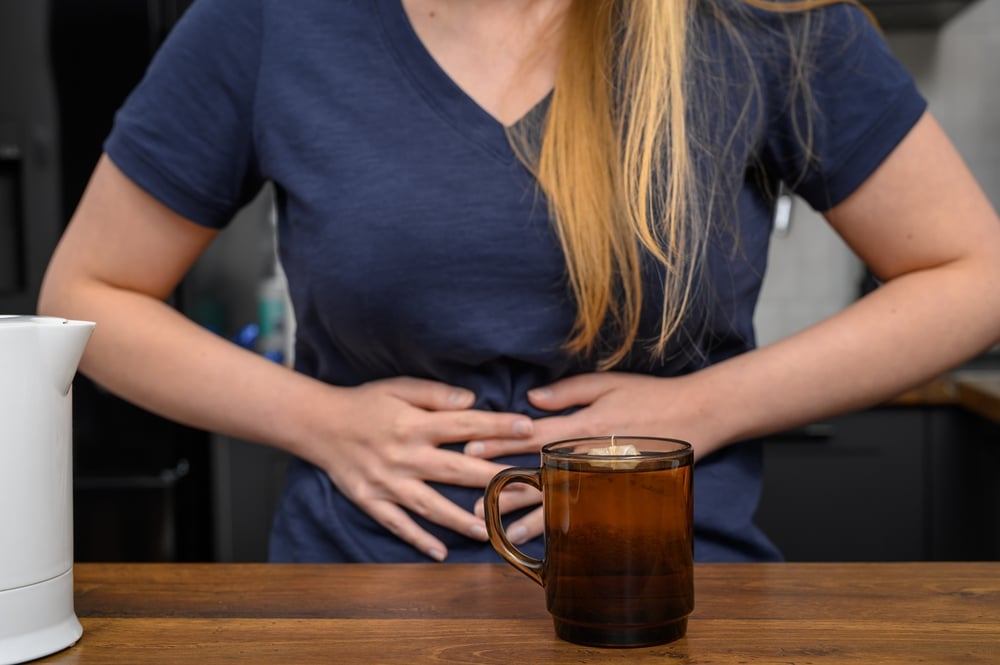
Drinking expired coffee is generally safe, but the flavor may be compromised. Stale coffee doesn’t contain harmful bacteria, so it won’t make you sick. However, drinking stale coffee can be disappointing in terms of taste.
Taste and Freshness
While expired coffee is rarely dangerous, the flavor will likely be affected. Coffee oils go rancid over time, especially if stored improperly.
Mold and Bacteria
If coffee has been exposed to moisture, mold can develop. Always check for any unusual smells or signs of mold before consuming.
How to Store Coffee for Longer Freshness
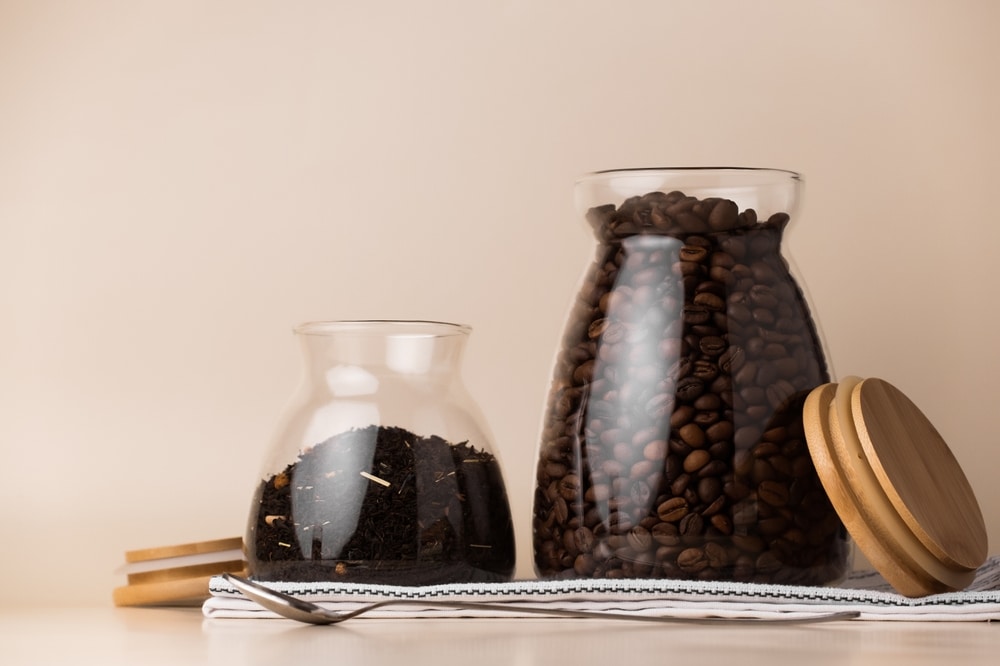
To keep your coffee fresh as long as possible, store coffee beans or ground coffee in an airtight container. This prevents air and moisture from entering, which can significantly extend coffee’s freshness and flavor. It’s also best to store it at room temperature. Avoid keeping coffee in places with temperature fluctuations (like near a stove) and keep it away from sunlight. Also, avoid storing coffee in the fridge, as the changing temperatures can impact coffee freshness and make it go stale quicker.
How to Tell if Coffee Has Gone Bad

Smell
Fresh coffee has a rich, aromatic smell. If your coffee smells stale, musty, or sour, it’s likely lost its flavor, and it may not be enjoyable.
Taste
Stale coffee will taste flat, bitter, or “off.” While this won’t harm you, it may not be pleasant to drink.
Visual Signs
For ground coffee, clumping or visible mold indicates moisture exposure, which is a sign to discard it.
Safety Tips for Drinking Expired Coffee
Inspect First
Check for mold, unusual smells, or discoloration before you drink the expired coffee.
Brew It Fresh
Brew coffee as soon as possible after opening the package to maximize flavor, even if it’s past the “best by” date.
Add Fresh Grounds
If your coffee tastes stale, mixing it with a small amount of fresh grounds can improve the flavor.
Creative Uses for Expired Coffee
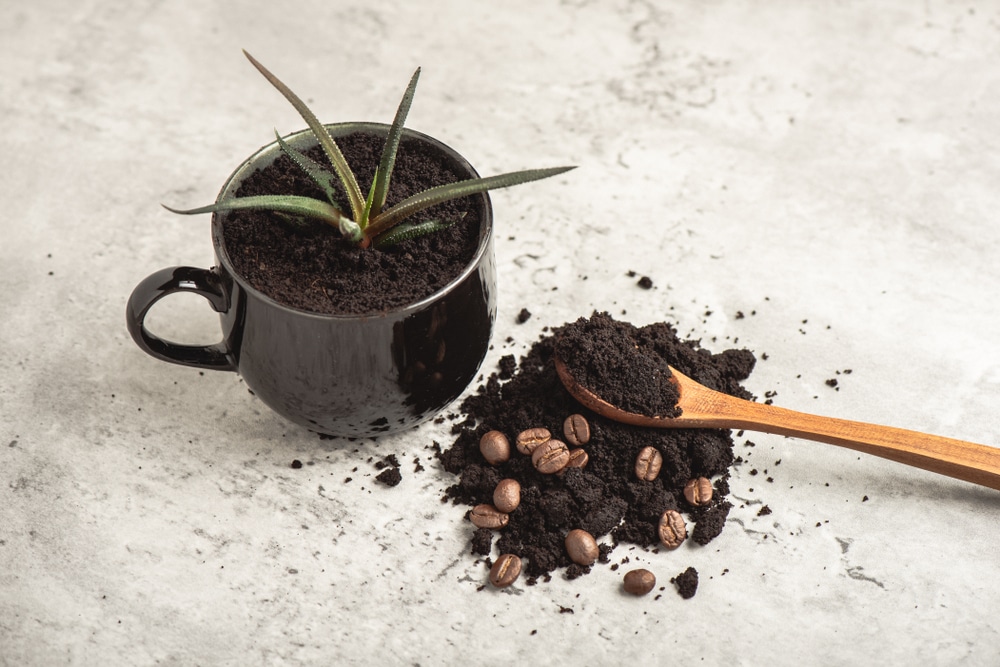
Gardening
Use expired coffee grounds as compost or fertilizer for plants.
Odor Absorber
Coffee grounds can help absorb odors in the fridge or around the house.
DIY Scrubs
Expired coffee grounds make a great exfoliant for homemade body scrubs.
Conclusion
While expired coffee won’t harm you, you can drink it but it will not deliver the rich, aromatic experience that fresh coffee does. By storing coffee beans or ground coffee properly—in an airtight container at room temperature—you can maximize their freshness and flavor. A fresh pot of black coffee is always best, but experimenting with expired coffee in cold brew or iced coffee can help you enjoy every last sip.

